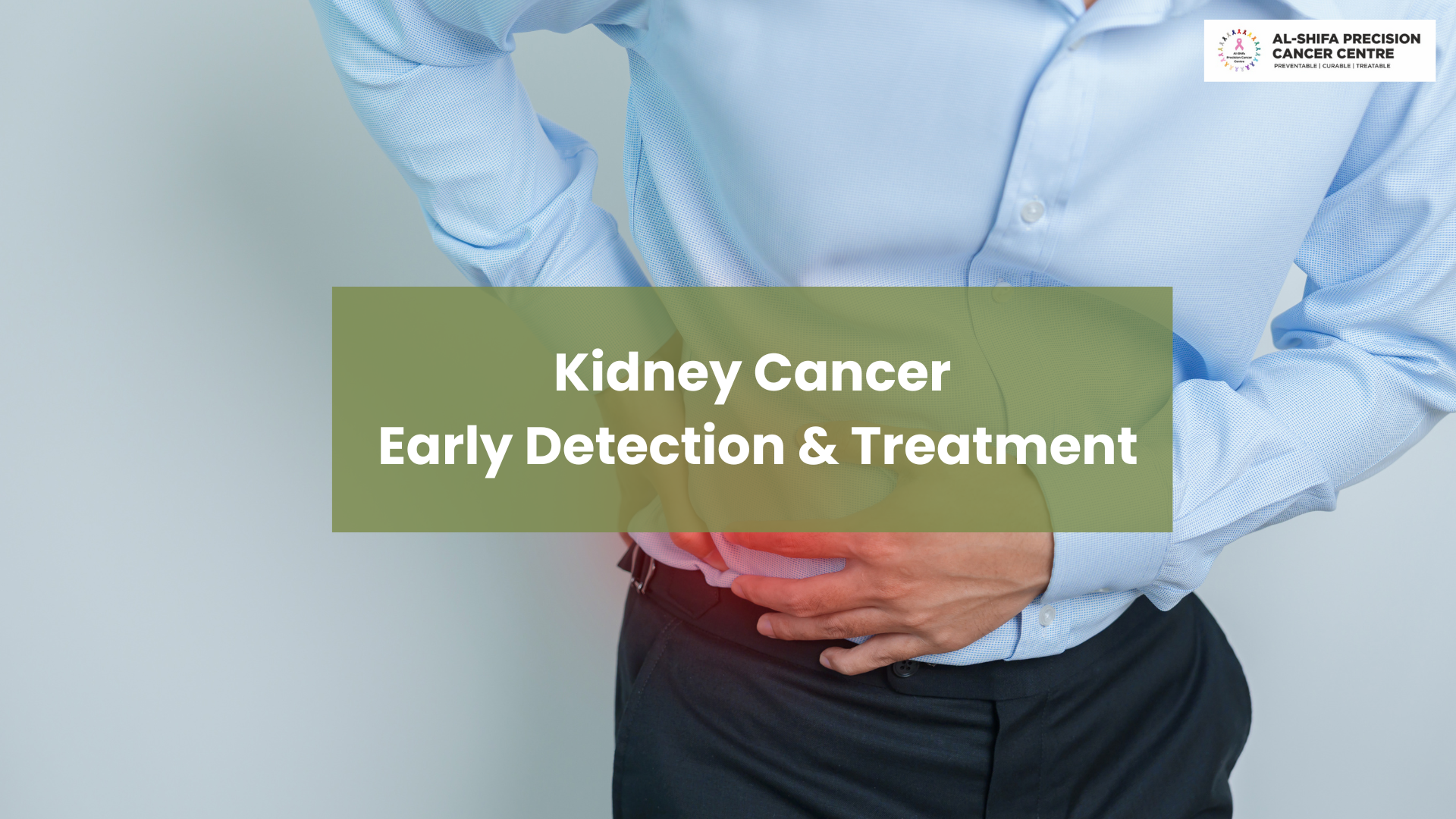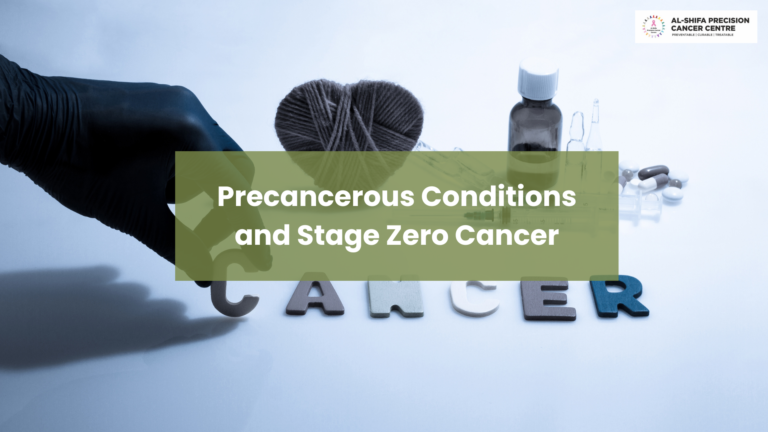Guide to early detection and effective treatment of kidney cancer.
Learn about symptoms, diagnostic methods, and advanced treatment options to enhance outcomes.
Understanding Kidney Cancer: What You Need to Know
Kidney cancer, also known as renal cancer, develops in the kidneys, essential organs responsible for filtering blood and producing urine. It often goes unnoticed in its early stages due to the absence of symptoms, making awareness crucial. Common types include renal cell carcinoma and transitional cell carcinoma. Early diagnosis significantly impacts treatment success rates.
Recognizing Early Signs and Symptoms
Early detection begins with understanding warning signs, which may include:
- Blood in the urine (hematuria)
- Persistent back or side pain
- Unexplained weight loss
- Fatigue and anemia
- Swelling in the legs or ankles
Regular health check-ups and awareness of these symptoms can lead to early medical intervention.
Importance of Screening and Diagnostic Techniques
Routine screening is not common for kidney cancer but may be recommended for high-risk individuals, including those with a family history or chronic kidney conditions. Key diagnostic methods include:
- Ultrasound: Non-invasive imaging to identify abnormalities.
- CT Scans/MRI: Detailed imaging to assess tumor size and spread.
- Biopsy: Confirming cancer through tissue analysis.
Advanced diagnostics like genetic testing help identify hereditary risks.
Treatment Options: Tailored to the Patient
Treatment plans for kidney cancer depend on its stage and the patient’s overall health. Options include:
- Surgery: Removal of the tumor or affected kidney (nephrectomy).
- Targeted Therapy: Drugs that focus on specific cancer cells.
- Immunotherapy: Boosts the immune system to fight cancer.
- Radiation Therapy: For cases where surgery isn’t viable.
Emerging treatments like minimally invasive robotic surgeries are improving outcomes with fewer side effects.
Lifestyle and Support: Living Beyond Kidney Cancer
Post-treatment care is vital for recovery and reducing recurrence risk. Adopt these practices:
- Maintain a balanced diet rich in fruits, vegetables, and lean proteins.
- Stay physically active to improve overall health.
- Avoid smoking and limit alcohol consumption.
- Join support groups for emotional and mental well-being.
Regular follow-ups with your healthcare provider ensure long-term monitoring and peace of mind.
Early detection and timely treatment are key to combating kidney cancer effectively. Stay informed, prioritize regular health check-ups, and consult a specialist if you notice symptoms. Empower yourself with knowledge to make informed decisions about your health.



